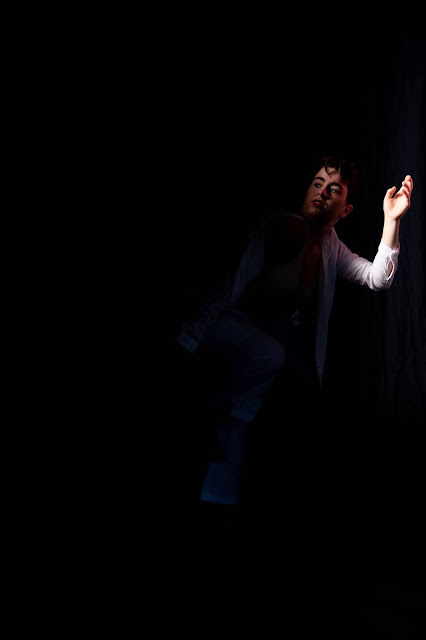Survival is Insufficient
 |
| photo by Josh S. Rose |
Many of the books of my childhood feature children, teenagers, and young adults who are tasked with the weight of the world. Fantasy and science fiction dominated my bookshelf. Here's a list of relevant series that barely scratches the surface: The Chronicles of Narnia, Mysterious Benedict Society, A Series of Unfortunate Events, Harry Potter, 39 Clues, The Inheritance Cycle, the Hunger Games trilogy. My brother and I collected Spider-Man comic books that accompanied the Sunday paper every week. By the time I got to college, I was ready to be free of these books and the idea that it was my generation who would change the world.
When I arrived in my first college English class (at 8am I might add), I was disappointed that we would be focusing on "the hero's journey," tracing it from ancient texts to modern day narratives like Star Wars and Harry Potter. On the one hand, I was so tired of this trope. To be tasked with carrying the torch of hope for the future is too great a weight for young people. On the other hand, I started to regard the pattern with a kind of awe - young people standing up for what they believe in has never been new. In fact, it seems to be the way things get done. (That doesn't mean we aren't tired.)
Later in my college career, I took a class specifically focused on post-apocalyptic and science fiction. In the class, we read Frankenstein by Mary Shelley. I was not particularly enthused because I had already read Frankenstein in high school, and I hated it. As much as the feminist in me wanted to support this book - Mary Shelley was a teenager when she wrote Frankenstein and is credited with inventing the genre of science fiction - I could not stand the book.
Being the book fanatic I am, I actually brought my high school copy of Frankenstein to my college class. I soon realized that the book I had read in high school was not the same as the one we were reading in class. I learned there are actually two editions of Frankenstein - the original text published in 1818 and a second edited version from 1831. Some critics speculate that Percy Shelley, Mary's husband, contributed to the second version (although this is widely disputed). Regardless, the texts are drastically different.
In high school, I read the version published in 1831. Thick with religious imagery, this version focuses on the character of Viktor Frankenstein and his obsession with creating (and controlling life). He is painted as a sympathetic and curious scientist. In college, we examined Mary Shelley's original text from 1818. This book is far more vulgar and unrefined - in a way that emphasizes Viktor's culpability in terms of the tragedy that ensues. There is far less religious imagery, and it is much clearer that Viktor Frankenstein is more of a monster than his creation could ever be.
I came to love the 1818 version of Frankenstein. It is a testament to Mary Shelley's deep melancholic despair over the way humans (often men in power) believe they have dominion over nature, that the world is theirs for the taking. This theme came back to me this week, as fires, hurricanes, and extreme weather have ravaged the country.
For that same class on post-apocalyptic literature, I wrote a paper on the importance of performance art in a post-apocalyptic world. One of my classmates had posed the question, "What would your post-apocalyptic career be?" and I desperately wanted to justify the important role I feel dance plays in a world that is suffering. I still believe in that - even more strongly. In 2018, when I was writing the paper, I had no idea how pertinent this subject matter would become. As much as I have pushed away from the inundating amount of post-apocalyptic literature I have consumed, I feel strangely like it was all education for this moment.
Titled Survival is Insufficient, my paper was published in the Loyola Marymount University's 2020 literary criticism journal Criterion. You can read my paper here.
I don't have the answers, but I know that survival is insufficient. This virtual world is a solution for now, but it is unsustainable. We are meant to be together because we live embodied lives. As we rebuild and restructure from the pandemic, I hope we also consider the ways sustainability supports global health, undoes elements of systemic racism, and gives future generations tangible hope with which to carry on.
***
Please vote if you are able. Here is a link to register to vote or check your registration status: https://www.nass.org/can-I-vote

Comments
Post a Comment